PENGUIN  CLASSICS
CLASSICS
THE POCKET ORACLE AND ART OF PRUDENCE
BALTASAR GRACIN was born in 1601 in Belmonte, Aragon. The son of a doctor, he entered the Society of Jesus in 1619, was ordained in 1627 and took his final vows in 1635. Teaching in Jesuit colleges across the Kingdom of Aragon, he was also at one time confessor to the viceroy of Aragon and chaplain to the Spanish army at the siege of Lleida, one of the battles against the French during the Revolt of Catalonia. But it is as one of the great Spanish stylists and moralists that he is best known. He wrote a series of short moral tracts marked by their elliptical, epigrammatic style, as well as a three-volume allegorical novel, The Critic (16517). He also wrote a major work of Baroque poetics, Wit and the Art of Ingenuity (1648), in which he exhaustively analysed the nature of the conceit-laden language then in fashion. The Pocket Oracle and Art of Prudence was published in 1647. A collection of 300 aphorisms, it influenced the vogue for the form in France, and was quickly translated into the major European languages. Its worldly, calculated advice has made it one of Gracins most popular and influential works. After being punished by the Jesuits for his consistent failure to obtain formal permission to publish, as required, Gracin died in 1658.
JEREMY ROBBINS is Forbes Professor of Hispanic Studies at the University of Edinburgh. He is the author of numerous studies on Spanish Baroque culture, including Love Poetry of the Literary Academies, Challenges of Uncertainty: An Introduction to Seventeenth-Century Spanish Literature and Arts of Perception. He is a General Editor of the Bulletin of Spanish Studies.
BALTASAR GRACIN
The Pocket Oracle and Art of Prudence
Translated with an Introduction and Notes by
JEREMY ROBBINS
PENGUIN BOOKS
PENGUIN CLASSICS
Published by the Penguin Group
Penguin Books Ltd, 80 Strand, London WC2R 0RL , England
Penguin Group (USA) Inc., 375 Hudson Street, New York, New York 10014, USA
Penguin Group (Canada), 90 Eglinton Avenue East, Suite 700, Toronto, Ontario, Canada M4P 2Y3
(a division of Pearson Penguin Canada Inc.)
Penguin Ireland, 25 St Stephens Green, Dublin 2, Ireland
(a division of Penguin Books Ltd)
Penguin Group (Australia), 250 Camberwell Road, Camberwell, Victoria 3124, Australia (a division of Pearson Australia Group Pty Ltd)
Penguin Books India Pvt Ltd, 11 Community Centre, Panchsheel Park, New Delhi 110 017, India
Penguin Group (NZ), 67 Apollo Drive, Rosedale, North Shore 0632, New Zealand
(a division of Pearson New Zealand Ltd)
Penguin Books (South Africa) (Pty) Ltd, 24 Sturdee Avenue, Rosebank, Johannesburg 2196, South Africa
Penguin Books Ltd, Registered Offices: 80 Strand, London WC2R 0RL , England
www.penguin.com
First published 1647
This translation first published in Penguin Classics 2011
Translation and editorial matter copyright Jeremy Robbins, 2011
All rights reserved
The moral right of the translator has been asserted
Except in the United States of America, this book is sold subject to the condition that it shall not, by way of trade or otherwise, be lent, re-sold, hired out, or otherwise circulated without the publishers prior consent in any form of binding or cover other than that in which it is published and without a similar condition including this condition being imposed on the subsequent purchaser
ISBN : 978-0-14-196697-7
Contents
THE POCKET ORACLE AND ART OF PRUDENCE
Acknowledgements
I would like to thank Eric Southworth for many and varied conversations on the Jesuits; these have helped immeasurably in sharpening my own thinking on the Pocket Oracle. The translation owes more than I can say to David Ingham. He has lived with it without complaint and has always been willing to discuss its many tricky problems. As ever, this is for him.
Abbreviations
BlancoOrculo manual y arte de prudencia, edited by Emilio Blanco (Madrid: Ctedra, 1995)
Ignatius,Letters Ignatius of Loyola, Letters of St Ignatius of Loyola, translated by William J. Young (Chicago: Loyola University Press, 1959)
Romera-NavarroOrculo manual y arte de prudencia, edited by Miguel Romera-Navarro (Madrid: CSIC, 1954)
ST St Thomas Aquinas, Summa theologiae
Chronology
1601 Baptized (8 January) in Belmonte, Aragon, son of Francisco Gracin, doctor, and Angela Morales. During his childhood he spends some years being educated in Toledo with his uncle, a chaplain.
1605 Part I of Miguel de Cervantes novel, Don Quixote, published. Part II published 1615.
1609 Twelve-year truce between Spanish and Dutch. Expulsion of the moriscos (descendants of Muslims required to convert to Christianity in early sixteenth century) from Spain (160914).
1618 Start of Thirty Years War.
1619 Enters the Jesuit noviciate, Tarragona.
1621 Death of Philip III of Spain; Philip IV ascends throne, aged sixteen. Renewal of war with Dutch.
16213 After taking his initial vows, studies philosophy at the Jesuit college in Calatayud.
16237 Studies theology in Zaragoza. Ordained 1627.
162730 Teaches Latin in Jesuit college in Calatayud.
c. 1630 Pedro Caldern de la Barcas play, Life is a Dream, first performed.
163031 Resident in the Jesuit Casa Professa in Valencia.
16313 Teaches moral theology and casuistry in the Jesuit college in Lleida.
16336 Teaches moral philosophy in the Jesuit University of Ganda. Takes final solemn vows 25 July 1635.
1635 War with France begins (ends with Peace of the Pyrenees, 1659).
1636 Sent as preacher and confessor to the Jesuit college in Huesca. Friendship with Vincencio Juan de Lastanosa.
1637 (lost) first edition of The Hero, a short treatise describing the qualities necessary in any hero, published under the name of his brother, Lorenzo Gracin, without the required permission of his superiors, and possibly dedicated to Philip IV. Ren Descartess Discourse on the Method published.
1640 Revolt of Catalonia (164052.). Revolt of Portugal (1640 68; ends with independence). Confessor to Francesco Maria Carafa, Duke of Nocera, viceroy of Aragon and, subsequently, of Navarre. Visits Madrid with Nocera. The Politician, a treatise sketching the qualities of the ideal politician, King Ferdinand the Catholic (14521516), published, dedicated to Nocera.
1641 In Madrid following Noceras arrest and imprisonment for his actions at the start of the Revolt of Catalonia. Preaches at court.
1642The Art of Ingenuity published. Witnesses the entry (27 July) of Philip IV and his favourite, the Count-Duke of Olivares, into Zaragoza. Made vice-rector of Jesuit novitiate (casa de probacin) in Tarragona, where he will witness the unsuccessful French siege of 1644.
1643 Fall of Count-Duke of Olivares (dies 1645). Death of Louis XIII of France; regency of Anne of Austria during minority of Louis XIV.
1644 Death of Isabel of Bourbon, first wife of Philip IV. French unsuccessfully besiege Tarragona.
Next page
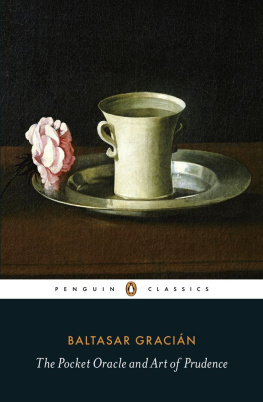
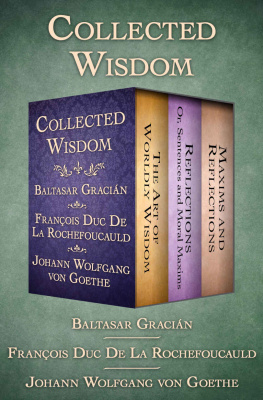


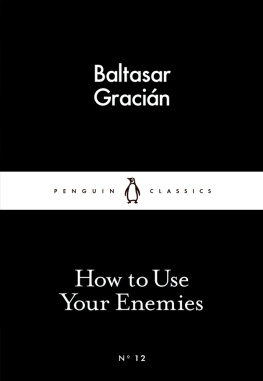
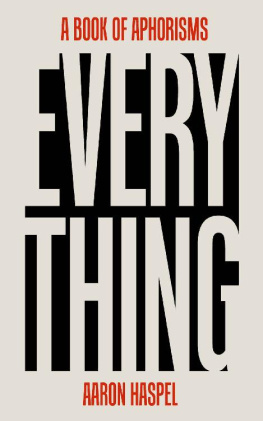
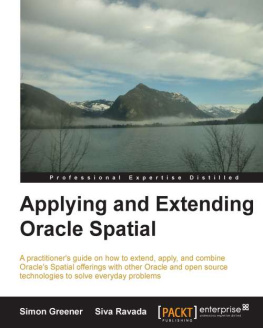
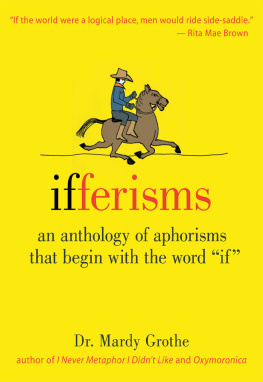
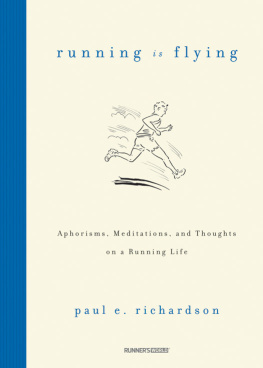
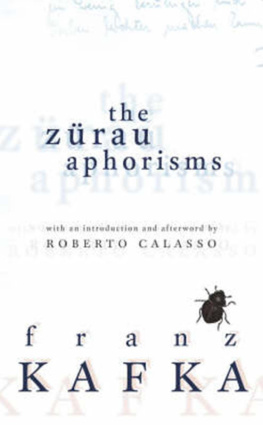
 CLASSICS
CLASSICS